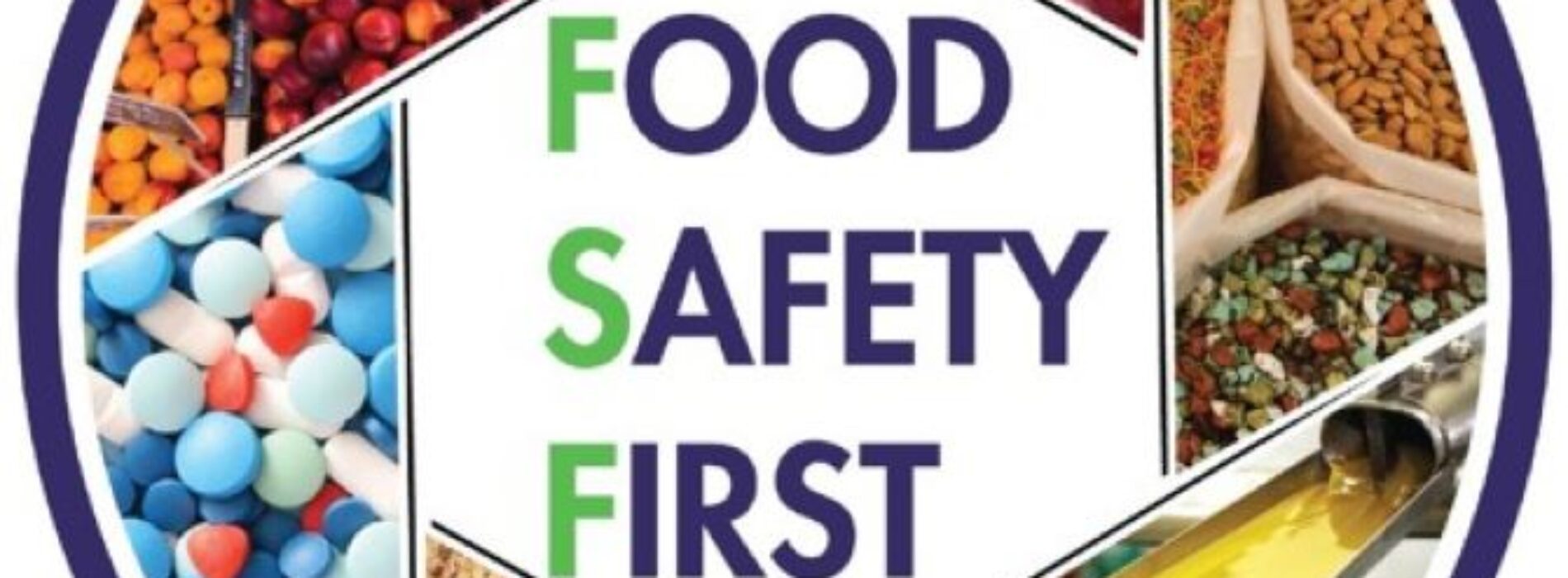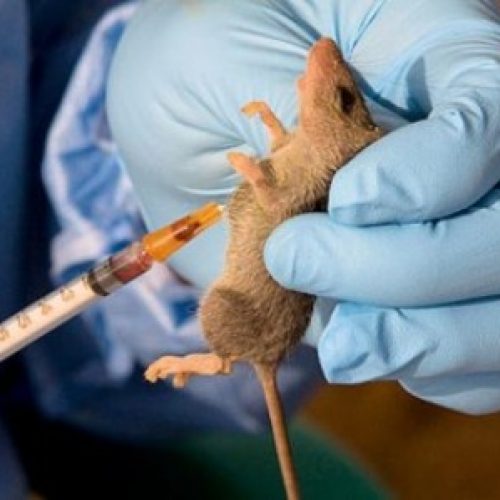Why food safety should be our concern in Nigeria
By
Adebayo Solanke
Lagos State has demonstrated excellence in good governance, infrastructure development, economic activities, and innovation. Equally, the Centre of Excellence has been a role model to Nigeria’s Federal and other state governments. The rebranding of the Ministry of Agriculture to a new nomenclature, Lagos State Ministry of Agriculture and Food Systems (LSMAFS), as part of the government agenda, is to ensure sustainable food production and safety. Kudos to the current Commissioner for Agriculture in Lagos, Ms. Abisola Olusanya, for her outstanding work.
The farming method in Nigeria, and Africa in general, is changing rapidly to meet the demands of increasing population growth, food insecurities, and other national security challenges. Consequently, agricultural chemicals are being used to increase farm produce’s quality and yield. It is, however, regrettable that trace amounts of the chemical residues remain in or on the farm products, which is of great concern. Chemical residues include trace metals, pesticides, antibiotics, herbicides, and hormonal growth-promoting substances.
Chemical residue detected beyond the maximum residue limit (MRL) indicates that such chemicals may not have been used according to established good agricultural practice (GAP); thus, farmers must have proper knowledge and understanding of how to use chemicals correctly to reduce chemical residues in food. Furthermore, the amounts of chemical residue in agricultural products depend on various factors like the rate and frequency of use, equipment used, climatic condition of the area during and after application, rate of chemical breakdown, and chemical properties.
Reading and following the labeled instructions on how to properly use agricultural chemicals could help reduce chemical residues in farm produce. The problem is how many of our farmers read the labeled instructions before use, and if they do read it, do they understand or follow the manufacturer’s instructions? Therefore, there is a need for continuous education, orientation, and reorientation of farmers on proper chemical use by the government and non-governmental agencies (NGOs). In addition, the federal and state governments should be up to the task in their regulatory and enforcement functions, including regular sampling and analysis of agricultural products for chemical residues.
The challenge for the Lagos State Government is that most agricultural products are brought from other states of the federation. Unfortunately, the ministry of agriculture from these states may not have done food safety analysis, which includes inorganic, organic, and microbial analysis. Thus, the Federal Ministry of Agriculture should coordinate and collaborate with all the states in Nigeria to ensure food safety through food sample collection, analysis, reporting, tracking, and recovery of agricultural products above the MRL.
Furthermore, inadequate functional food safety laboratories and the lack of finances and budgets for testing and analysis may be some of the challenges for some states. However, one of the critical responsibilities of a government is to protect its citizens, which makes food safety a great concern. Food safety is essential because of the toxic effects of chemical residues on humans; these include interference with the nervous system, cancer, allergic reactions, and others.
There needs to be proactive measurements regarding agricultural and food sample collections by the LSMAFS at the point of entry from the neighboring state, Ogun State, for chemical residues in farm products. However, tracking and recovering food above the MRL could be challenging if the ministry collects samples for food safety testing. For example, a truck full of baskets of tomatoes and peppers comes into Lagos and is sold at the famous food market, Mile 12 Market. Suppose the ministry did a quick laboratory analysis, which may take a week, and the food samples above the MRL were detected; how quickly would such food products be tracked before they reach the final consumers? Unfortunately, these agricultural products usually do not have identification or lot numbers. In addition, these products may not be from the same farm. Thus, tracking will be a challenge.
The fresh food hub that the LSMAFS is opening across the state to make quality food at reduced prices could be the starting point for sample collection, laboratory analysis, and tracking for regulatory and enforcement purposes because the farmers that are supplying the fresh foods to these hubs and the sellers are believed to be registered with the Lagos State Government. Thus, regular chemical residue data from these fresh food hubs could provide food safety information on fresh foods supplied by individual farmers or food suppliers, and such data will assist in enforcement and decision-making. Fresh food supplied by a particular farmer or supplier showing high levels of chemical residues would be met with appropriate sanction. In addition, the government should investigate, help, and provide solutions to farmers or food suppliers that usually have high chemical residues in their agricultural products.
Like outdoor chemical usage, the indiscriminate indoor use of insecticides to control mosquitoes and cockroaches and improper covering of food or agricultural products during indoor chemical usage could lead to chemical residues above the MRL. Therefore, consumers should properly cover indoor food.
Finally, the World Health Organization (WHO) indicates that pesticides, one of the chemical residues, are among the causes of death in low-middle-income countries. Unfortunately, the federal and state governments are not up to their responsibilities regarding analyzing our agricultural products for chemical residues, monitoring, regulation, and enforcement. Food safety is of great concern and a responsibility that governments must undertake to ensure the safety of the citizens. Sadly, our lives may be at risk if we depend on the government alone. As citizens, we should also be more concerned and proactive toward food safety. To this end, consumers should thoroughly wash agricultural products like fruit and vegetables with warm water or peel them before eating to reduce chemical residues for their health purposes.
- Adebayo Solanke (bayosolank@yahoo.com) is of Bureau of Laboratories, Division of Food Safety, Florida Department of Agriculture and Consumer Services USA.
About author
You might also like
Akwa-Ibom, Cross River states women don’t attend clinics anymore – Prof. Ujah
… Calls on state governments to act and curb pregnant women’s death fast Former Director General of the Nigerian Institute of Medical Research (NIMR) Prof Innocent Achanya Ujah has called
HEWAN holds Symposium on mental health
Eminent Psychiatrist Dr. Richard Adebayo is expected to lead discussions at the 7th annual symposium of the Health Writers Association of Nigeria (HEWAN) which kicks off on Friday. A statement
Nigeria records 5 new cases of Lassa fever
Confirmed in Bauchi, Gombe, Plateau and Rivers States WHO expert committee releases updates from affected countries ABUJA – Five confirmed cases of Lassa Fever have been reported from four states






0 Comments
No Comments Yet!
You can be first to comment this post!